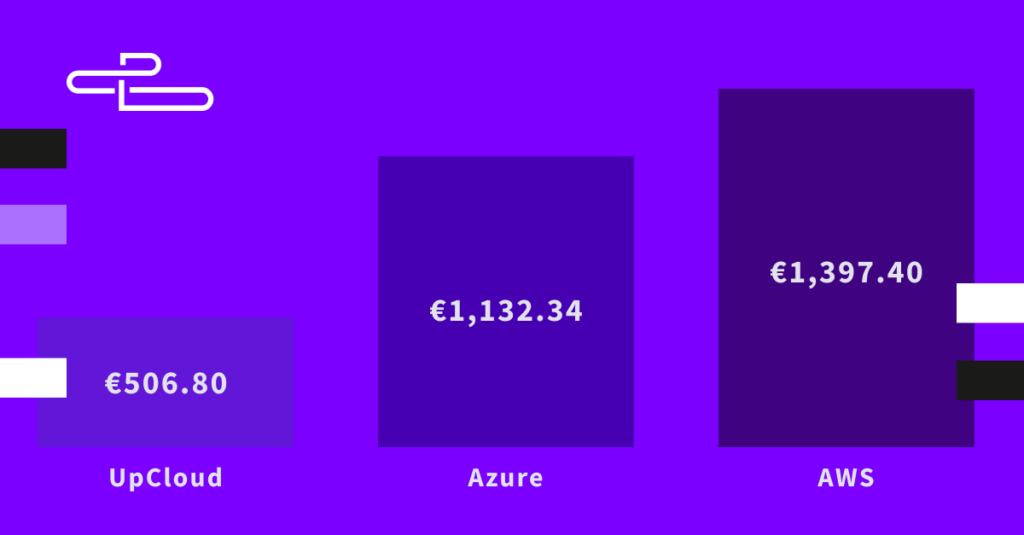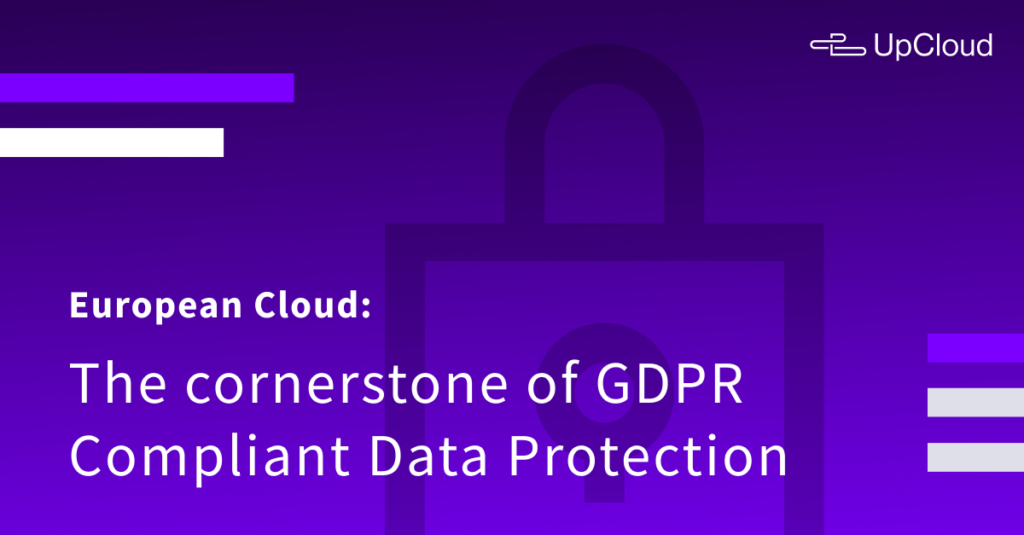The General Data Protection Regulation, or GDPR, is the new important regulation for data privacy. Originally approved back in April 2016 by the EU Parliament, the GDPR is coming into effect on the 25th May 2018. (And GDPR replaces EU legislation that was established over 20 years ago in 1995, so it’s about time!)
What is GDPR and why does it matter?
GDPR is a big change in data privacy regulation and is designed to harmonize data privacy laws across Europe to protect citizens’ data privacy. It provides a set of guidelines and rules that force companies to improve the way they typically would approach data privacy or handle personal data. Part of the legal requirements in the GDPR is the inclusion of Privacy by Design. At its core, Privacy by Design calls for systems to be designed around data protection from the get-go rather than adding it later as an afterthought.
This creates a dramatic push towards data transparency and user empowerment – which we at UpCloud applaud!
Updates to our Terms of Service and Privacy Policy
Today, we are updating our Terms of Service and Privacy Policy to match the new requirements set by the GDPR. While we have already followed similar principles as the GDPR for a long time, we have now updated our Terms of Service and Privacy Policy to fully adhere to the requirements also in writing.
“I have read and agree to these terms of service” is often considered the biggest lie online. Lengthy and difficult-to-read terms of service agreements are not user-friendly and the majority of users simply opt out of reading them. But we can probably all agree that users should know what they consent to before handing over any personal information! So we have also opted to add simple explanations of the various sections of our terms and policies, as to make it even easier to understand what you are agreeing to.
UpCloud is also an active member of CISPE, which is an industry initiative consisting of the major cloud infrastructure providers across Europe. CISPE aims to guide EU-wide policy and voice concerns on a wide range of topics, with the purpose of keeping the end-user in focus and the competition healthy.
We hope you are excited about the increased focus on user privacy and rights in our industry! Our users’ privacy has always been a top priority for us, and we encourage more companies to respect and treat data in a confidential and secure manner.



